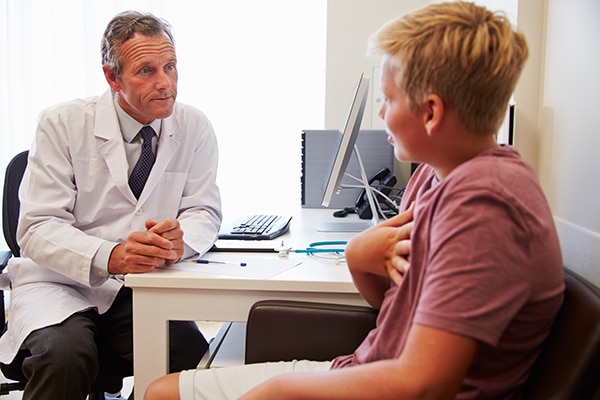The ‘Fraser Guidelines’ specifically relate to contraception and sexual health and are named after Lord Fraser, one of the Lords responsible for the Gillick Judgement of 1983. Lord Fraser progressed to addressing the issue of giving contraceptive advice and treatment to young people under 16 at their request without the knowledge or consent their parents. There is no lower age limit for Fraser Guidelines to be applied although these are not the only consideration for children under 13.
The House of Lords concluded that advice can be given in this situation as long as:
- The young person has sufficient maturity and intelligence to understand the nature and implications of the proposed treatment
- The young person cannot be persuaded to tell their parents or to allow the doctor to tell them
- The young person is very likely to begin or continue having sexual intercourse with or without contraception
- The young person’s physical or mental health is likely to suffer unless he/she received the advice or treatment
- The advice or treatment is in the young person’s best interests.
Healthcare professionals should encourage the young person to inform their parent(s) or get permission to do so on the young person’s behalf. However, if this permission is not given, the healthcare professional can still give the child advice and treatment. If the conditions are not all met or there is reason to believe that the young person is under pressure to give consent or is being exploited, these would be sufficient grounds to break confidentiality
Sexually Transmitted Infections and Terminations of Pregnancy
Lord Fraser’s guidelines originally related only to contraceptive advice and treatment but, following a case in 2006, they now apply to decisions about treatment for sexually transmitted infections and terminations of pregnancy.
Under 13s and Sexual Health/Contraception
There is no lower age limit for Gillick Competence or Fraser guidelines to be applied. However, it would rarely be appropriate or safe for a child less than 13 years of age to consent to treatment without a parent’s involvement. Under 13s are not legally able to consent to any sexual activity and, therefore, information confirming their sexual activity would need to be acted on – regardless of Gillick Competence.
16-17 Year Olds and Sexual Health/Contraception
UK law presumes young people aged 16 or 17 have the capacity to consent to medical treatment. However, unlike adults, their refusal of treatment can, in the appropriate circumstances, be overridden by a parent, someone with parental responsibility or a court. This is because there is an over-riding duty of care to act in the best interests of a child. This would include circumstances where refusal would likely lead to death, severe permanent injury or irreversible mental or physical harm.




